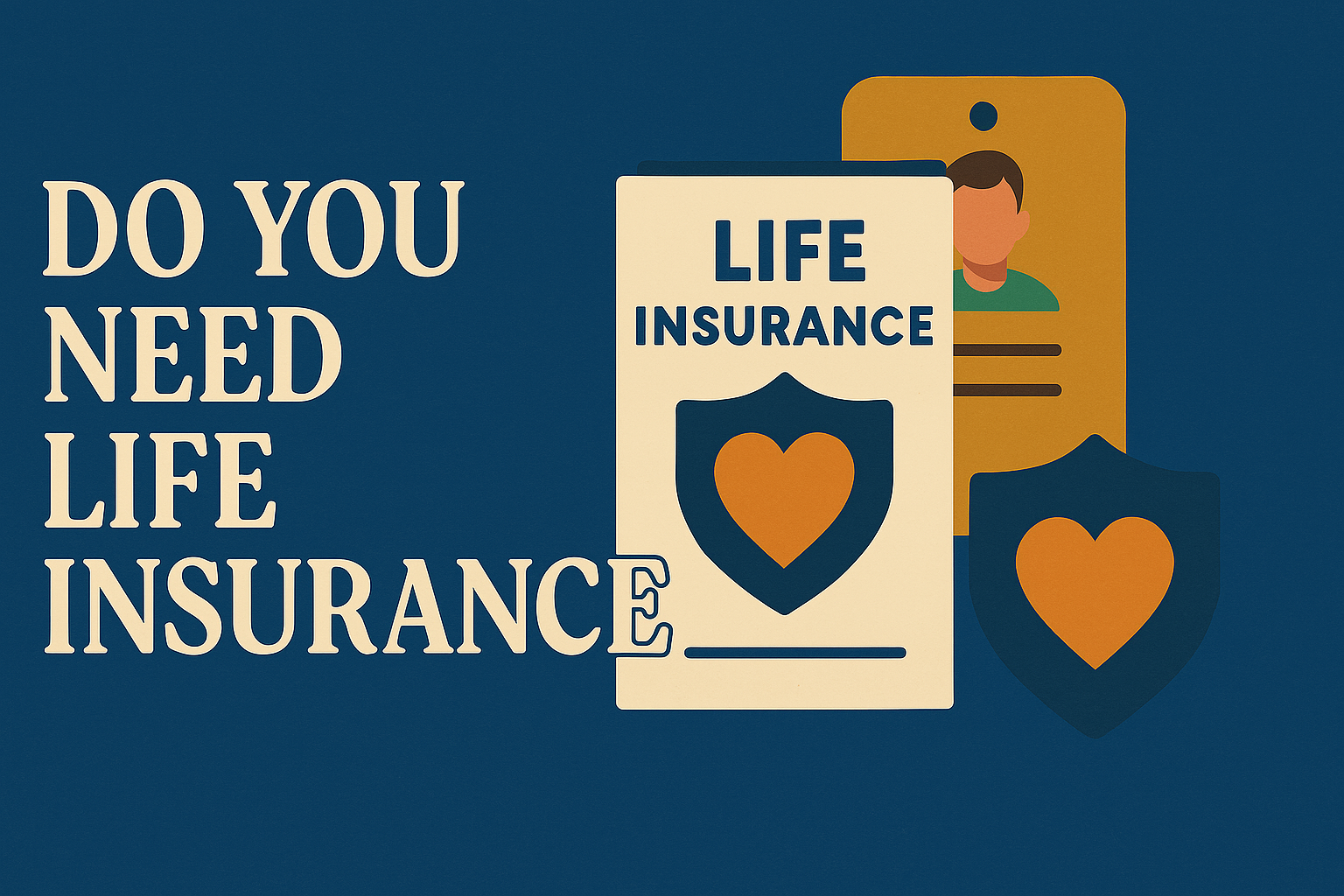Unlocking the Potential of Cash Value Life Insurance
BetterWealth
December 9, 2025
Cash value life insurance is more than just a safety net for your loved ones; it's a versatile financial tool that can offer substantial benefits throughout your lifetime.
Understanding Cash Value Life Insurance: The Basics
Cash value life insurance is a type of life insurance policy that not only provides a death benefit to your beneficiaries but also accumulates a cash value over time. Unlike term life insurance, which expires after a set number of years, cash value life insurance policies, such as whole life, universal life, and variable life, are designed to last your entire lifetime.
The policyholder pays premiums that go toward both the insurance component and the cash value component. The cash value grows at a guaranteed rate or according to the performance of the investments chosen by the policyholder, depending on the type of policy. This cash value can be accessed during the policyholder’s lifetime, offering a unique financial resource.
The Hidden Wealth-Building Potential of Cash Value Life Insurance
One of the reasons cash value life insurance is underutilized by the average person but favored by the wealthy is its potential for wealth building. The cash value component can grow tax-deferred, meaning you won't pay taxes on the gains as long as they remain within the policy. This allows your money to compound over time, potentially providing a significant financial reservoir.
Furthermore, the wealthy often utilize these policies to diversify their investment portfolios. The cash value in these policies can serve as a low-risk, stable component of their overall financial strategy. It can also act as a hedge against market volatility, providing a more predictable growth compared to other investment vehicles.
Tax Advantages and Flexibility: Making the Most of Your Policy
Cash value life insurance policies come with several tax advantages that make them appealing. As mentioned earlier, the cash value grows tax-deferred. Additionally, the death benefit paid to your beneficiaries is generally income-tax-free.
Another key advantage is the flexibility these policies offer. You can access the cash value through loans or withdrawals, which can be used for various purposes such as funding a child's education, supplementing retirement income, or covering emergency expenses. These loans are typically tax-free, provided the policy remains in force, making them an attractive option for those looking to tap into their policy's value.
How to Borrow Money from Your Cash Value Life Insurance
Borrowing money from your cash value life insurance policy is relatively straightforward. First, you need to have accumulated sufficient cash value in your policy. Once you have, you can typically borrow up to a certain percentage of the cash value, depending on the policy terms.
To initiate a loan, you simply contact your insurance company and request a loan against your policy’s cash value. The amount you borrow will accrue interest, which can either be paid out-of-pocket or added to the loan balance. It’s important to note that unpaid loans will reduce the death benefit paid to your beneficiaries if not repaid. Therefore, while borrowing from your life insurance policy is a flexible and quick way to access funds, it should be done with careful consideration.
Is Cash Value Life Insurance Right for You?
Determining whether cash value life insurance is right for you depends on your individual financial goals and circumstances. If you are looking for a lifelong insurance policy that also offers a savings component, the tax advantages, and the ability to borrow against the cash value, this type of policy could be a valuable addition to your financial plan.
However, it's important to consider the higher premiums compared to term life insurance and whether you can commit to paying these premiums over the long term. Consulting with a financial advisor can help you assess whether cash value life insurance aligns with your financial objectives and whether it’s a strategic fit for your overall financial plan.
.png)


